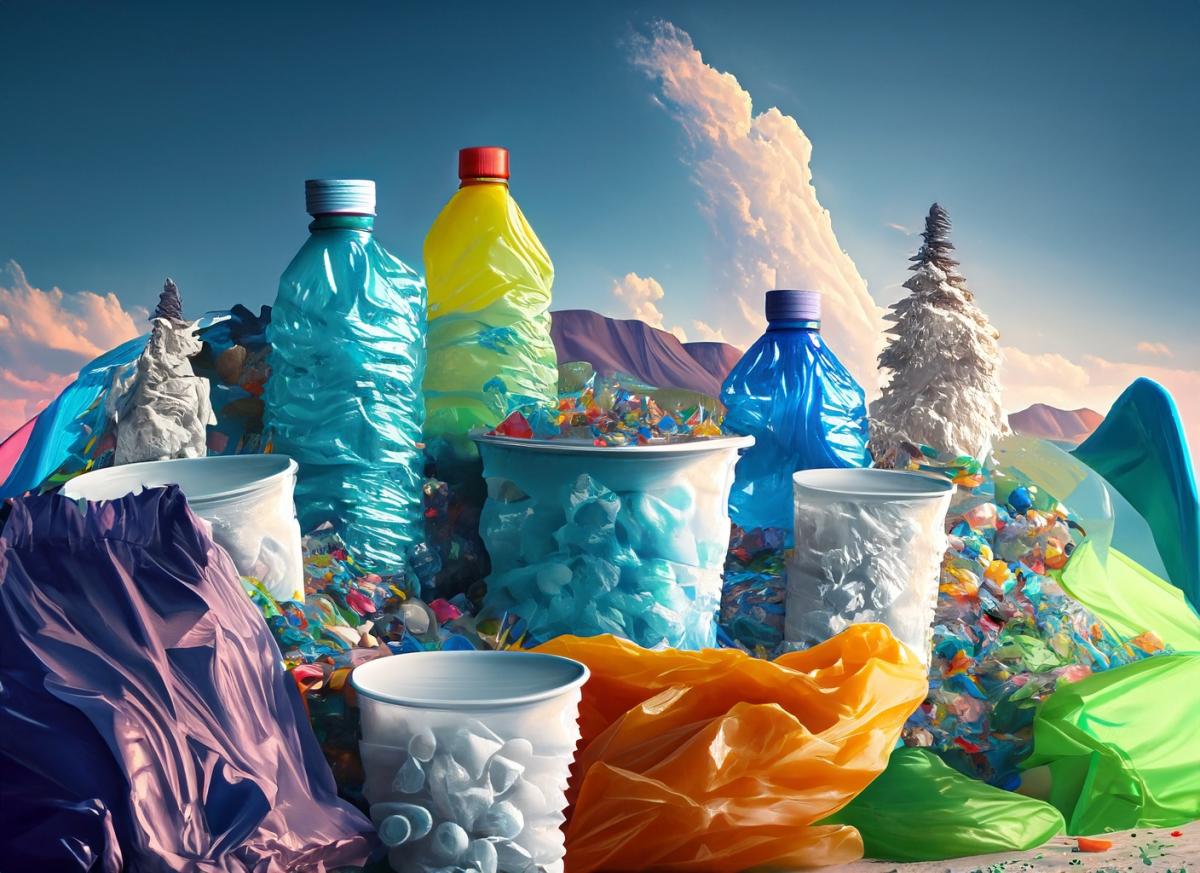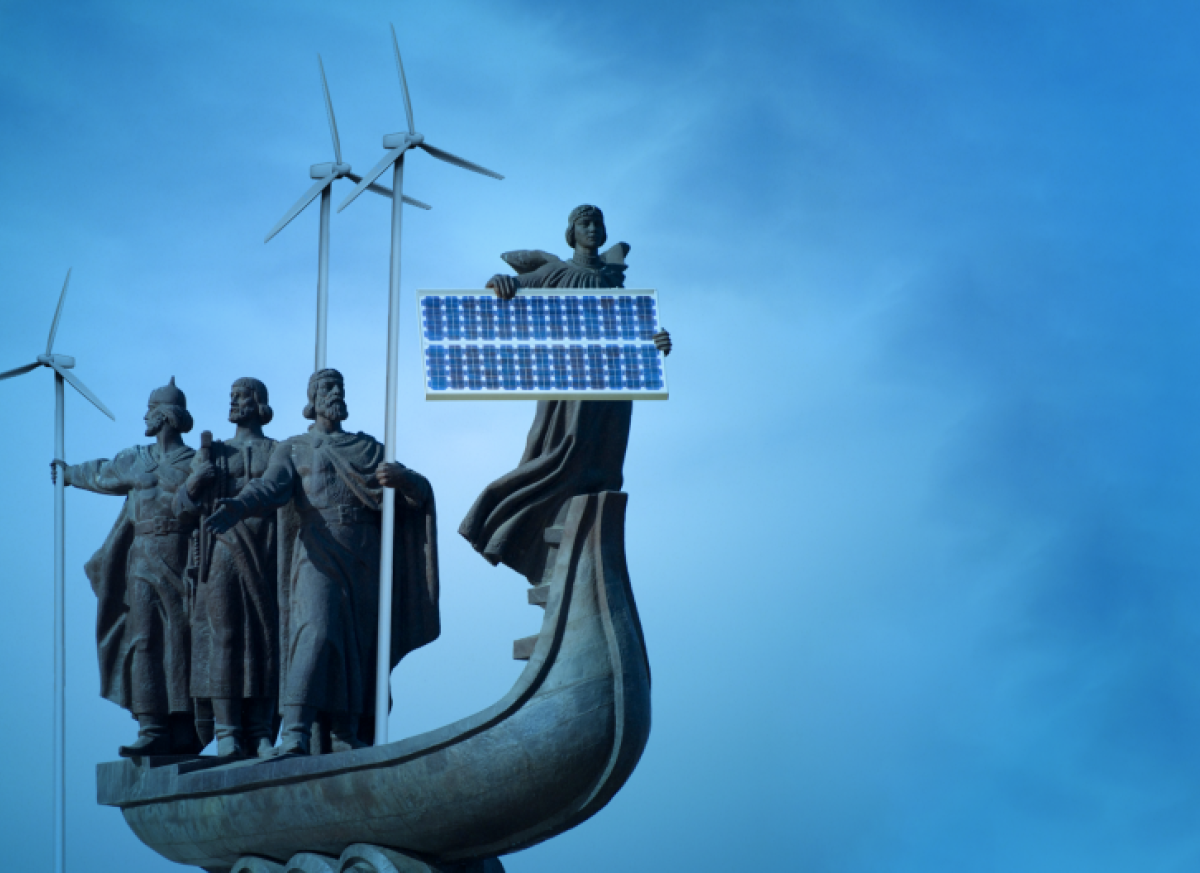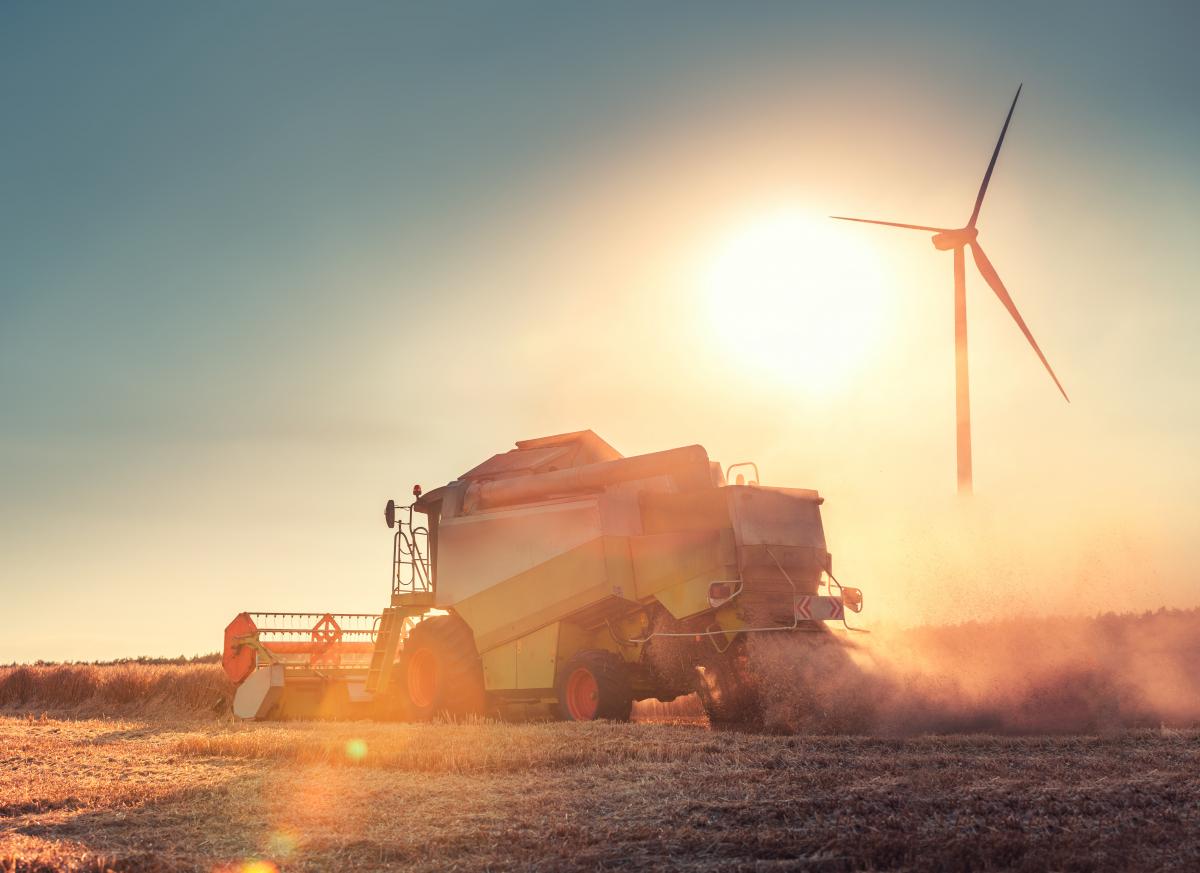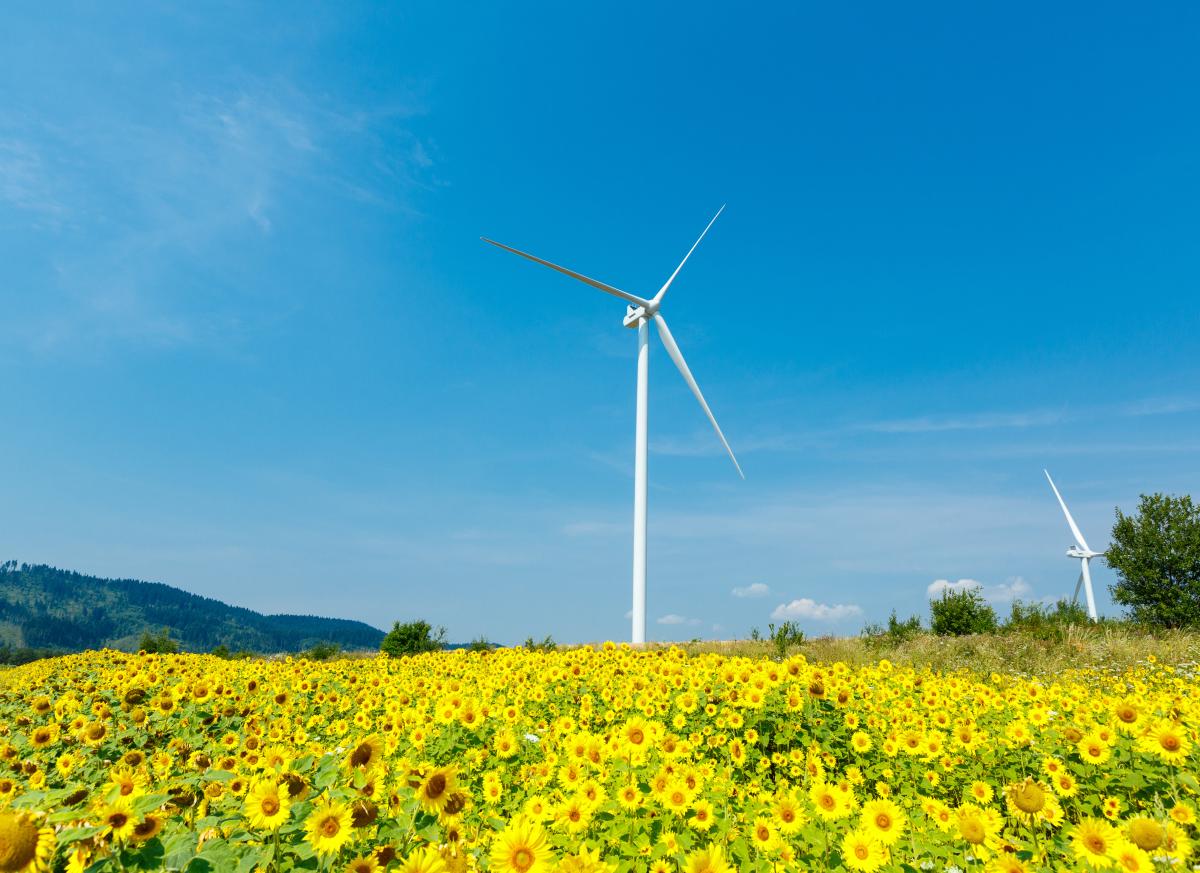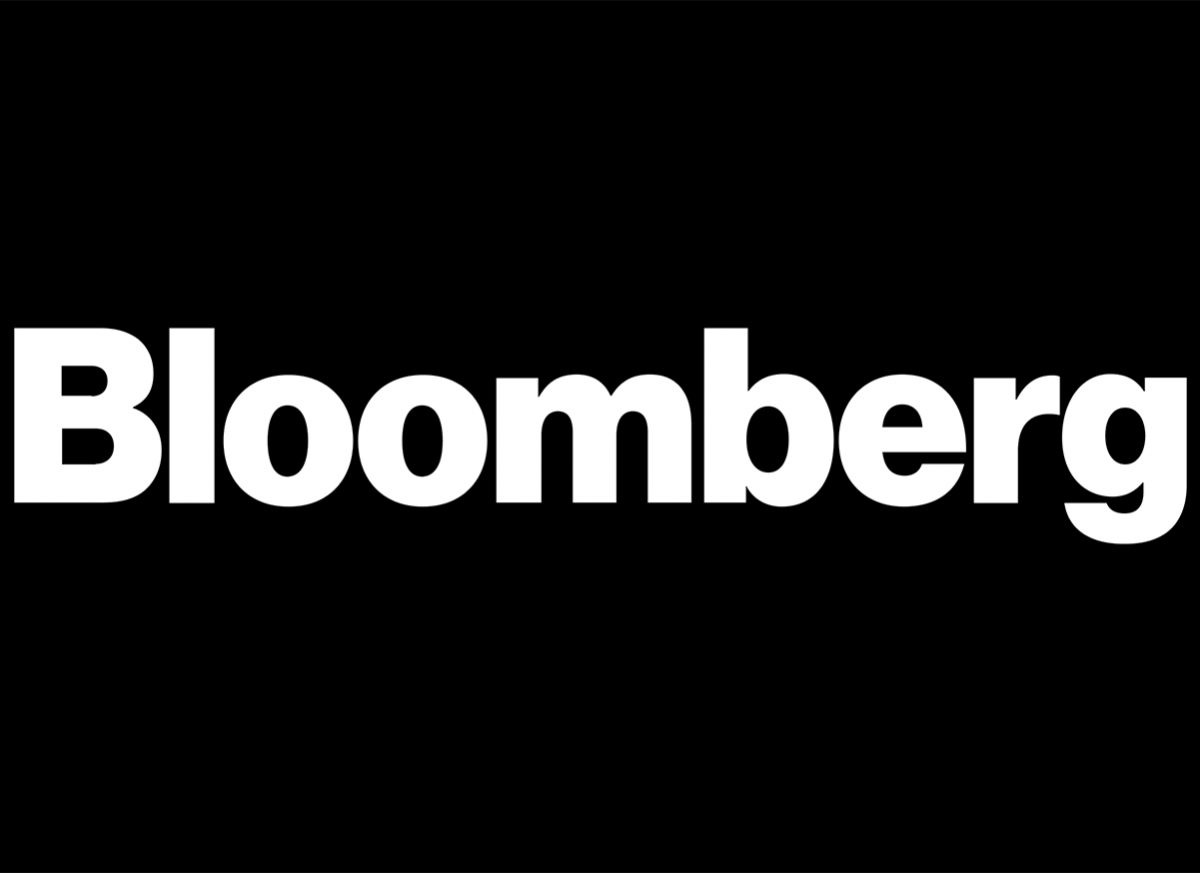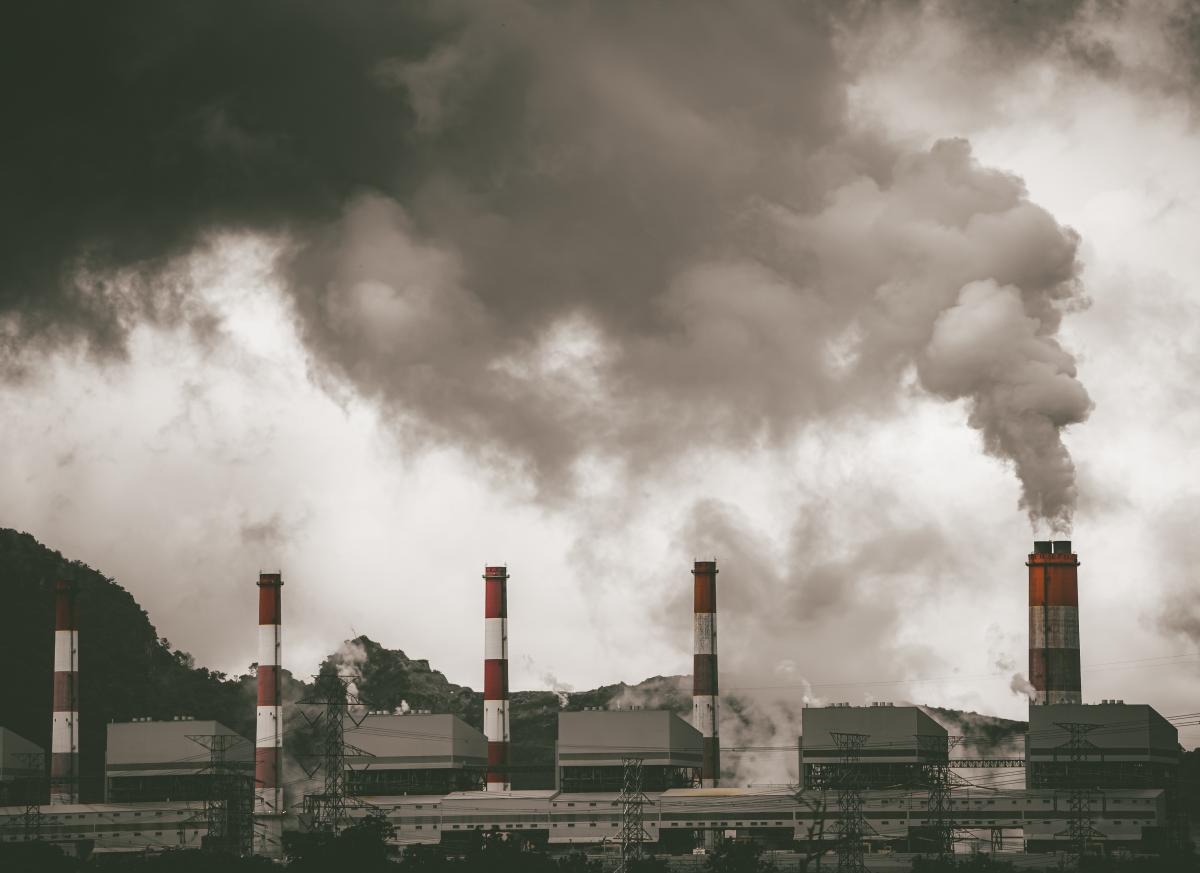News
The Plastics Dilemma: Towards a Sustainable Future
During recycling week, reflect on various approaches to handle plastic waste, optimising recycling technologies, and the need for business opportunities, regulatory measures, and international cooperation to address the plastic waste problem effectively.
Ukraine Plans For Wind Power At Chornobyl Nuclear Disaster Site, And That’s Just For Starters
An article exploring Ukraine's clean energy plans references a Smith School working paper on green recovery in the country led by MSc candidate Anastasiia Zagoruichyk.
Tech and behavioural changes could create a carbon negative food system by 2050
New research from a global team of academics including Dr Michael Clark shows how a combination of technological and behavioural changes could unlock a carbon negative global food system.
Africa’s intensifying heatwaves show urgent need for finance
“Fewer than half of Africans have a reliable electricity supply, and extreme heat will only exacerbate this issue,” Dr Radhika Khosla told China Dialogue. “Communities that rely on off-grid energy sources will be particularly vulnerable in the face of rising energy demands.”
PRME, Network Of Sustainability-Focused Business Schools, Primed For Next Chapter
Next month, Morsing will step down to take an opportunity she couldn’t pass up: Director of the Smith School of Enterprise and the Environment at the University of Oxford. She will also return to the classroom as professor of business sustainability. The PRME board is now recruiting for a new leader.
Ukraine can be a climate leader without sacrificing economic performance, and this is how
Oxford Smith School MSc student and Ukrainian Graduate scholar Anastasiia Zagoruichyk explains how Ukraine can become a leader in green energy.
A Court Win in Montana Could Help Climate Litigation Everywhere Else
A group of 16 youth climate activists won a remarkable victory in court against the state of Montana in the United States this week. “As other branches of government continue to show inadequate action, the judiciary offers glimmers of hope for those seeking to halt the climate catastrophe unfolding before us,” said Dr Benjamin Franta.
How Carbon Capture Is Getting New Life With US Help
The Washington Post references CO2RE's landmark State of Carbon Dioxide Removal report in this explainer article.
‘We’re in serious trouble’: Why a hotter world will be bad for our health
Dr Laurence Wainwright spoke to the Guardian about the mental health impact of Britain’s record-breaking 2022 heatwave, including “increasing overall rates of mortality in mental health conditions, or worsening of symptoms, triggering a relapse into a certain phase of a condition, like in bipolar switching into mania, which is a dangerous phase.”
Fossil fuel producers on course to badly overshoot climate targets, finds new tracking tool
More than half of the world’s top fossil fuel producers will badly overshoot climate targets unless they ramp up their decarbonisation actions, according to an international team including the University of Oxford.
For investors, green companies still hard to find with new emissions reporting rules
Investors looking to weed out climate laggards from portfolios will struggle to accurately compare companies, according to Reuters. Jimmy Jia, researcher at the Oxford Smith School of Enterprise and the Environment, said as well as differences in defining what should be counted under existing GHGP guidelines, companies may use different calculation processes or present data in different ways.
"Investors need to understand if a difference is due to an operational difference, or because the entities applied different accounting methodologies," he said.
Guest post: How Ukraine could emerge from war as a climate leader
Russia's ongoing, devastating invasion has pushed Ukraine to the edge of survival as a nation-state, inflicting severe damage to its economy and population. But, amid global calls for urgent climate action, Ukraine now finds itself at a crucial crossroads.

